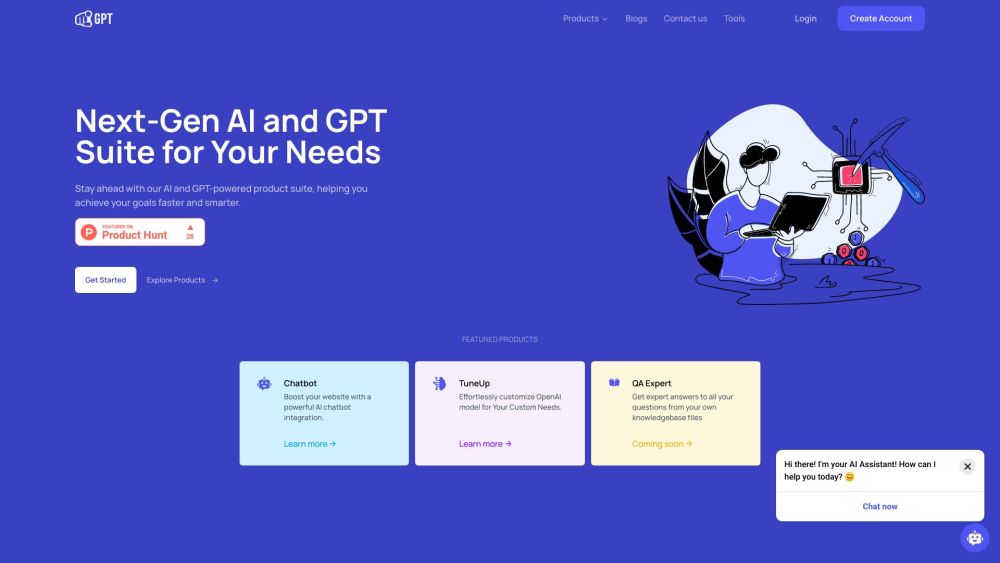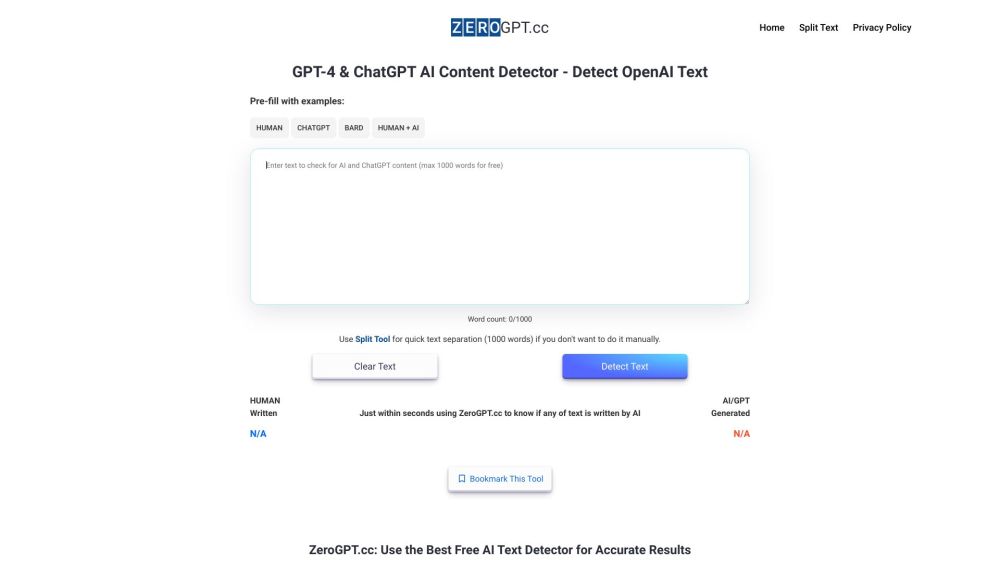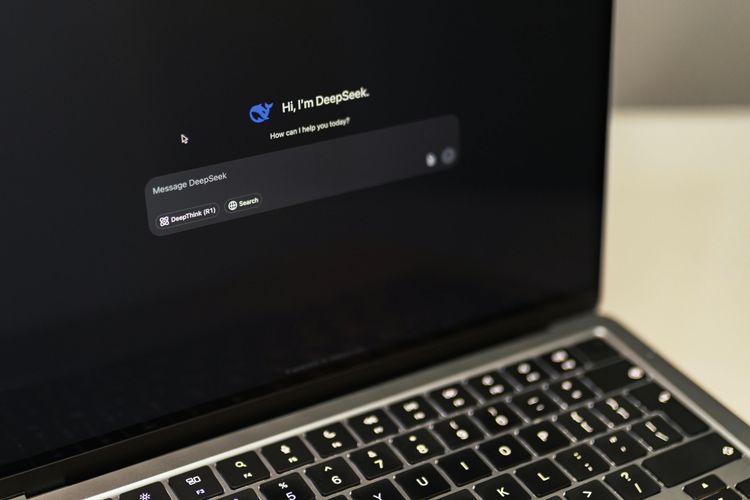Artificial Intelligence Revolutionizes Healthcare with Corti
Artificial intelligence (AI) is making significant strides in healthcare, exemplified by the recent $60 million funding round raised by Copenhagen-based startup Corti. This investment aims to enhance its innovative AI assistant that supports healthcare professionals with real-time patient assessments.
The Series B investment is primarily led by Prosus Ventures and Atomico, alongside existing investors Eurazeo, EIFO, and Chr. Augustinus Fabrikker. While the company has not disclosed its valuation, it has experienced remarkable growth in customer base and usage.
Corti's last financing round was a $27 million Series A nearly two years ago, at which point it supported 15 million consultations annually. Today, that number has soared to 100 million yearly patient interactions, with the platform being utilized approximately 150,000 times a day—equating to nearly 55 consultations per year across Europe and the U.S. Corti claims its tools enable healthcare professionals to achieve up to 40% greater accuracy in outcome predictions and streamline administrative tasks by 90%.
The COVID-19 pandemic has significantly amplified interest and usage, attracting clients like emergency services in Seattle, Boston, and Sweden, along with numerous hospitals and medical services.
Corti describes its offering as an "AI co-pilot" in healthcare, assisting in various crucial tasks. This includes triaging during patient interactions, documenting those encounters with institutional administrative coding, and providing analytical insights to inform clinical decisions. The AI even offers "second opinions" that might differ from the clinician's perspective and generates notes in real-time and post-consultation to highlight areas for improvement and clinician training.
This highlights the immense challenges that healthcare professionals, including doctors and nurses, face daily. Fortunately, Corti is not alone in pursuing this approach; several companies are tackling similar challenges. One example is Nabla, a Paris-based startup led by AI entrepreneur Alex LeBrun, which launched its own AI “co-pilot” this year. Nabla's solution integrates with established models, including its GPT-3-based co-pilot developed with input from medical experts.
In contrast, Corti's strategy—outlined by CTO Lars Maaløe, who co-founded the company alongside CEO Andreas Cleve—focuses on creating proprietary models. The team intentionally decided against hiring in-house medical experts to prevent potential biases in the system. Maaløe emphasized, “The most responsible way is not to have a physician on your payroll.” Instead, the company gradually engaged customers to help "teach" the AI, supplemented by researchers providing insights and refining the platform's intelligence. This iterative approach has significantly enhanced Corti's responsiveness and functionality.
However, Corti's journey hasn’t been without challenges. Launched in 2018, before the whirlwind of ChatGPT, Maaløe noted substantial changes in client interactions. Initially, prospective clients raised concerns about AI replacing jobs and questioned the accuracy of the AI's recommendations.
Today, he observes a shift in perspective: “ChatGPT has led to greater acceptance of AI in diverse applications. Meetings have become significantly easier.” Interestingly, he shares that the best discussions often occur without mentioning AI at all. "We want to make the AI term boring," he explained.
This sentiment underscores the mixed feelings some healthcare professionals have towards AI. Earlier this year, a group of physicians and public health experts warned about AI's potential existential threats due to an over-reliance on potentially flawed data and analysis.
In medicine, such debates are essential for fostering innovation. “The healthcare industry faces significant administrative burdens globally, leading to extensive practitioner burnout,” remarked Sandeep Bakshi, head of European Investments at Prosus Ventures. “Corti and its product suite provide crucial efficiency improvements that enhance care provider capabilities. We are confident in its leading technology and unique market position, believing Corti is well-equipped to transform both patient and healthcare experiences.”
Atomico partner Laura Connell added, “Andreas and Lars are visionary founders who have assembled an extraordinary team at Corti. The imperative for transformational change is stark in global healthcare, where clinicians wrestle with rising administrative costs, demographic shifts, and escalating chronic illnesses. Corti enhances physicians’ efficiency and job satisfaction through real-time documentation automation, improved visibility into care quality, and operational cost reductions. By augmenting overwhelmed healthcare providers with AI, Corti paves the way for more personalized, preventive, and proactive medical care.”







